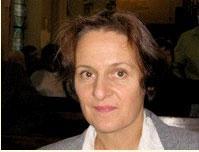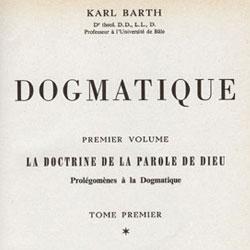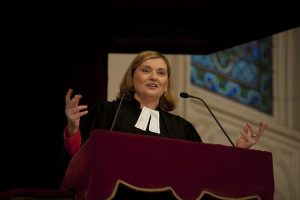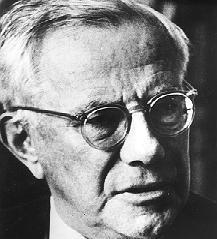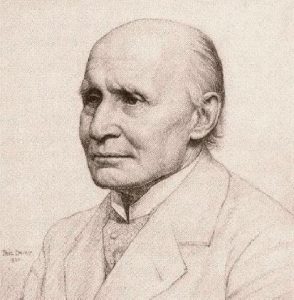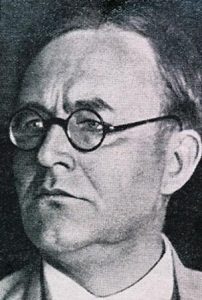Rereading the Bible without obscuring the role of women
Numerous American and German women theologians became aware in the 1960s of the historical exclusion of women in all fields linked to ministry and the language of religious experience. They denounced the all pervading masculinity of images linked to religious symbolism : for example, the predominant image of the fatherhood of God, his masculine characteristics thus justifying women’s domination by men, naturally considered closer to God.
These ideas unconditionally imposed masculine authority both within the family and in the church by obscuring the essential role of women in the transmission of the faith.
An in-depth study of the Bible has brought to light passages of the Bible which highlight the feminine and maternal aspects of God but the “prodigal daughters”, as Elisabeth Parmentier (French theologian specialising in the subject) hope for more : a vital transformation of the church and a dialogue between feminist theologians and those of classical Christian tradition, up to the present held in a situation of confrontation.
For their part, the feminists, remind us forcefully that they are as much Church as men. They want to see the dynamism of the gospel opening up to all the authority to change structures which hold believers captive
The diversity of feminist theologies
The feminist theologies largely represented in Germany and in the USA can be divided into two streams :
- A radical stream in which the theologians describe themselves as post-Christian, condemning the male centredness which currently pertains. They want – as the German theologian Dorothée Sölle would say “not their slice of the cake but another cake”. For this stream, the Bible is a fundamentally patriarchal text which “is impossible to salvage” and a new reading emphasizing the feminine would represent a new departure for Christian theology.
- The other stream is one in which the biblical hermeneutic allows the reinterpretation of the gospel message in a less radical sense. Rehabilitating certain women such as Myriam, Deborah, Mary Magdalane shows that in the Bible there is no single message with regard to women. Socio-cultural evolution, emancipation movements within the churches, permit objective questions to be raised on the treatment meted out to women by the churches in the course of history.
“Raising the consciousness of women”, says Elisabeth Parmentier, “is part of the great panorama of the struggle for human rights, for sharing the right to speak and to decision making, for the possibility to become free and reasoning subjects.”
In this sense, the feminist theologies resemble a form of Liberation theology.

